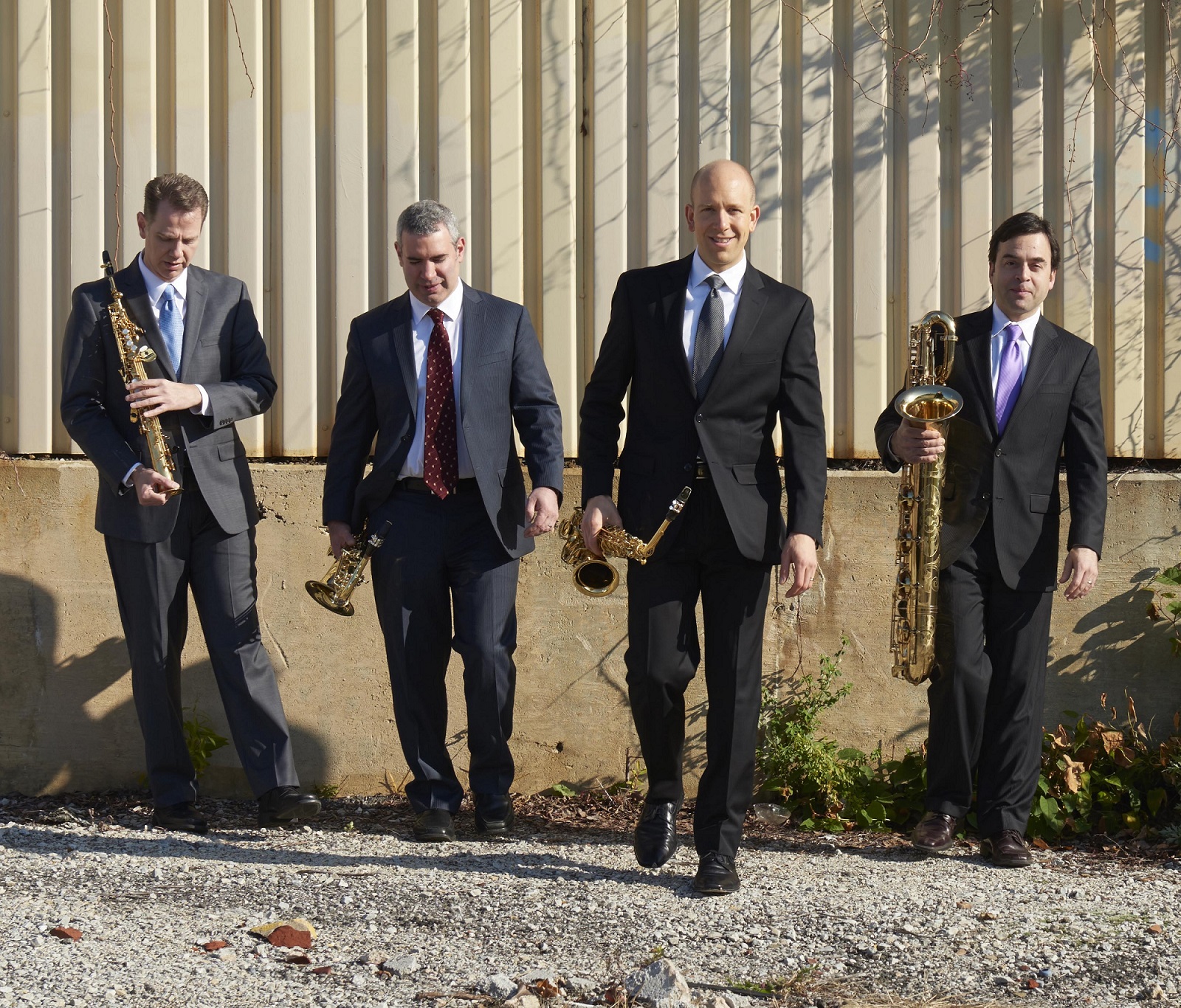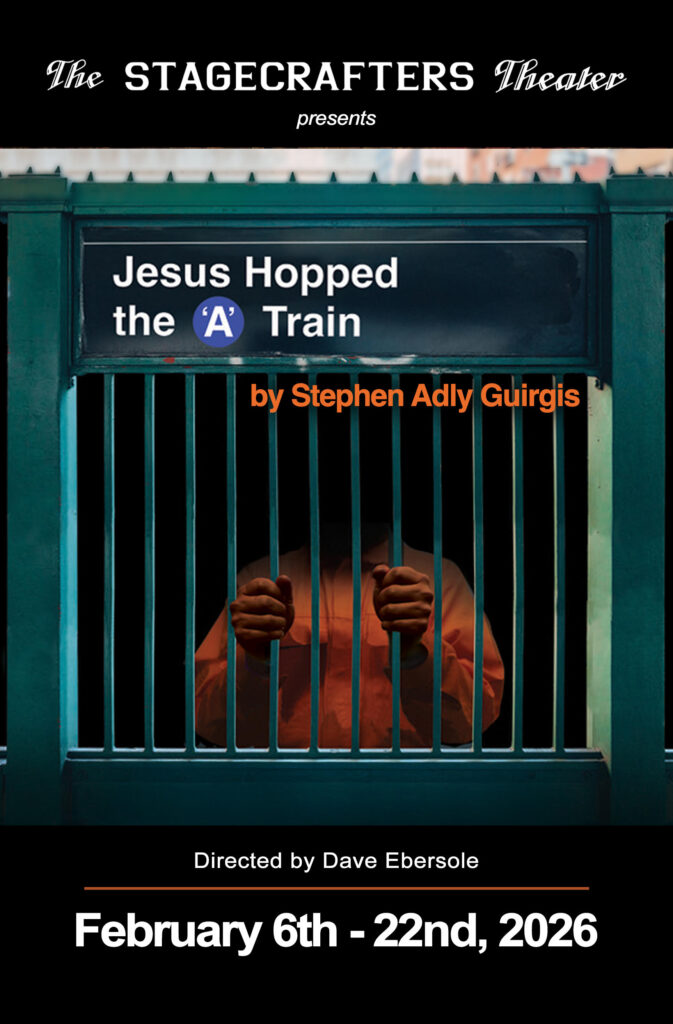Please be sure to check the event organizer’s website for any last-minute changes or cancellations prior to attending.
Have an event that will fit well on our calendar?

- This event has passed.
PRISM Quartet Meets Bang on a Can

With over 300 commissions to its credit, the intrepid PRISM Quartet (Timothy McAllister, Zachary Shemon, Matthew Levy, Taimur Sullivan) presents a portrait of Bang on a Can‘s visionary co-founders in an all-saxophone program featuring the premiere of In a delirium by Michael Gordon alongside performances of Cha by Julia Wolfe and Revolutionary Etudes by David Lang.
Both PRISM and Bang on a Can were founded in the 1980s with a common dedication to new music, and both evolved independently over decades to present programs of powerful contemporary work on tour and in self-produced concert series and festivals; to establish robust commissioning programs; to launch their own record labels (XAS and Cantaloupe, respectively); and to present educational programs in the service of new generations of aspiring artists. After performing Lang’s sax quartet and subsequently commissioning Wolfe in 2015, PRISM now completes the Bang on a Can sax quartet triumvirate with a new commission from Gordon. This program celebrates three extraordinary composers and their invaluable contributions to the field.
Michael Gordon’s new work, In a delirium, pushes the bounds of performance practice to realize a fantastical vision of the saxophone quartet. He writes, “In a delirium I heard a quartet of fractured saxophones playing the National Space Anthem. They would chase the speed of light and then grind to a halt; ignore each other, like east west north and south, and the come together like a Grand March. They played all the consonants and then all the vowels. When I awoke I wrote this song. It’s just a memory of what I heard, out there, in that other world.”
PRISM commissioned Julia Wolfe for Cha shortly after the passing of her beloved father, to whom the work is dedicated. She writes, “My favorite memory is dancing the cha-cha-cha with my father. He would hit the dance floor and take me along with him. We danced together from when I was 10 until sometime into my early teens. It was great fun. As I thought about this way of remembering my dad I began to research the cha-cha-cha, and very quickly realized that our suburban version was hardly like the various Cuban versions with their wild sensuality, polyrhythms, and highly stylized movement. The cha-cha-cha takes its name from the shuffling sound of the feet against the dance floor and first emerged just a few years before I was born. My piece takes the cha cha as a starting point and creates a joyful deconstruction/exaggeration of the style for sax quartet.”
Commissioned by the New Century Quartet, David Lang’s Revolutionary Etudes was inspired by the ensemble’s recording of The Art of Fugue by J.S. Bach, by “the monumentality of the project,” in the composer’s words. “It is asking to have the saxophone taken seriously, for all that it can do. As a composer I immediately imagined how important for the medium it would be for a composer to take this seriousness, this monumentality into consideration, in the creation of a new work. I started with what became the second movement of my piece, writing seemingly endless streams of notes, trying to trick the melodic and harmonic changes to emerge virtuosically from the dense fabric of the material. Somehow what I was doing reminded me of what Chopin did in his Etude, Opus 10, Number 12—make a ridiculously fast and vaguely minor scale last forever. Chopin’s piece is of course called the Revolutionary Etude. I decided to make a set of these myself.”
January 22, 2023 – 7 PM
Settlement Music School – Mary Louise Curtis Branch
416 Queen St, Philadelphia, PA 19147
$25 general admissions, $20 seniors/students with ID (all fees included)
Details
- Date: January 22, 2023
-
Time:
7:00 pm - 8:30 pm
- Cost: $20 – $25
- Event Category: Arts & Culture
- Website: https://www.prismquartet.com/concerts/prism-meets-boac-phl/
Related Events
-
Jesus Hopped the ‘A’ Train by Stephen Adly Guirgis opens at The Stagecrafters February 6
February 19 @ 8:00 pm - 10:15 pm -
Jesus Hopped the ‘A’ Train by Stephen Adly Guirgis opens at The Stagecrafters February 6
February 20 @ 8:00 pm - 10:15 pm



